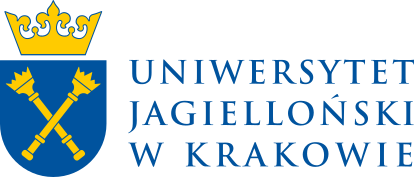Upcoming talks:
| 23 I | Nicolás Bitar (LAMFA, Université de Picardie Jules-Verne, Amiens) Topological minimal self-joinings on groups Show abstract
In 1987 Del Junco introduced the notion of topological
minimal self-joinings as a topological analog of minimal self-joinings
from measurable dynamics. An infinite dynamical system (X,T) is said
to be an $n$-fold topological minimal self-joining (TMSJ) if every
$n$-tuple of points lying on different orbits is dense in $X^n$ for
the diagonal action. Crucially, and in sharp contrast to the
measurable analog, King showed in 1990 that there are no 4-fold TMSJs.
In this presentation we will generalize Del Junco's definition, and
find a bound for TMSJs on $\mathbb{Z}^d$ and the discrete Heisenberg
group. To arrive at this result, we will look at the space of
horoballs of groups, non-deterministic directions, and doubly minimal
systems. This is joint work with Sebastián Donoso and Samuel Petite.
|
Show rest
| 20 VI | Marisa Cantarino (Monash University) A computer-assisted proof of robust transitivity
Show abstract
Given a diffeomorphism on the 3-torus, we present a
computer-assisted strategy to prove partial hyperbolicity, existence
of a blender in a given region and robust transitivity --- properties
which we introduce briefly with examples. These proofs are implemented
for a family of systems. This work in preparation is a collaboration
with Andy Hammerlindl and Warwick Tucker.
|
| 20 VI | Natalia McAlister (Monash University) A computer-assisted proof of the existence of blenders for a
3-dimensional Hénon-like family Show abstract In this project we develop a computer program to verify the
existence of blenders for concrete examples. A blender is a hyperbolic
set whose unstable manifold, when looking at certain intersections,
seems to have a greater dimension than it actually does. This
descriptive definition cannot be verified on a computer. The first
step is then stating necessary conditions for establishing the
existence of a blender in a computer-friendly way. Then, we develop an
algorithm to verify said conditions. Using this algorithm, we prove
the existence of blenders for a family of maps defined as a skew
product over the Hénon map. This algorithm could be extended to other
quadratic maps, and potentially to other more challenging examples.
|

The seminar takes place on Fridays
at 10.15-11.45 AM (Kraków time) - currently CET (UTC+1) in the room 1016
of the Jagiellonian University
Department of Mathematics
and Computer Science
(ul. Łojasiewicza 6, Cracow).

